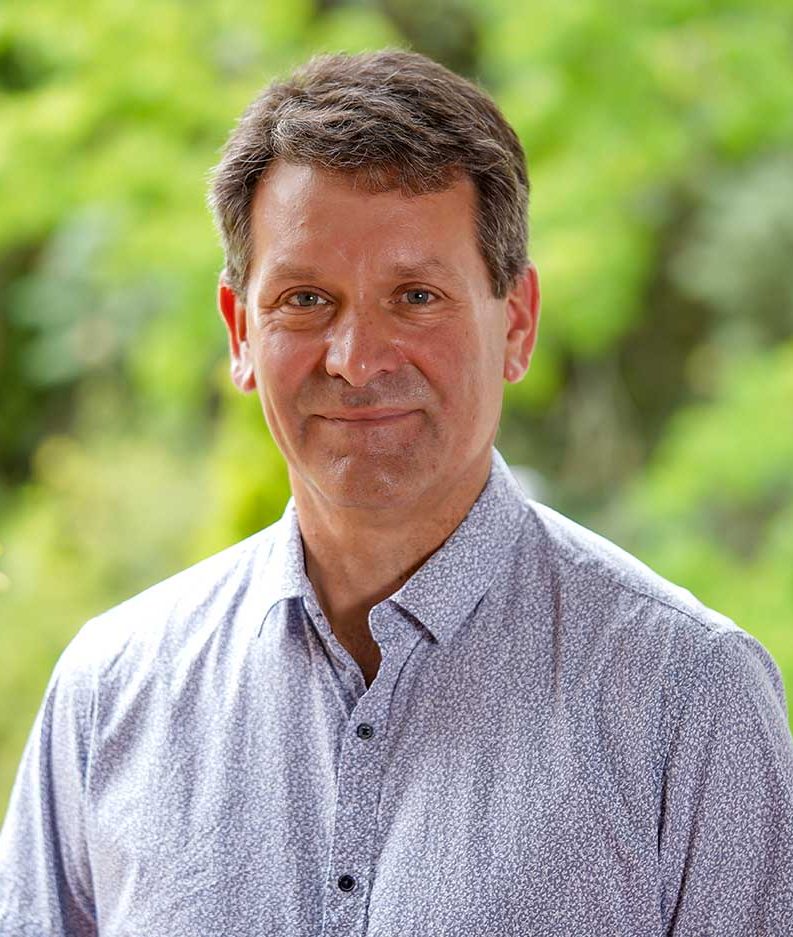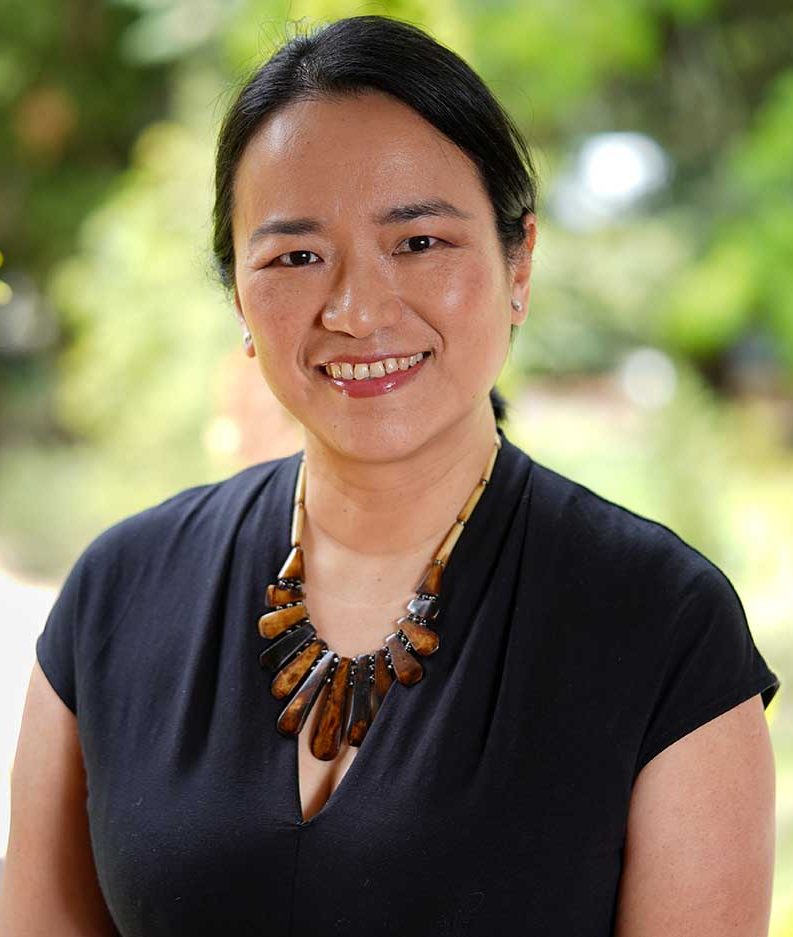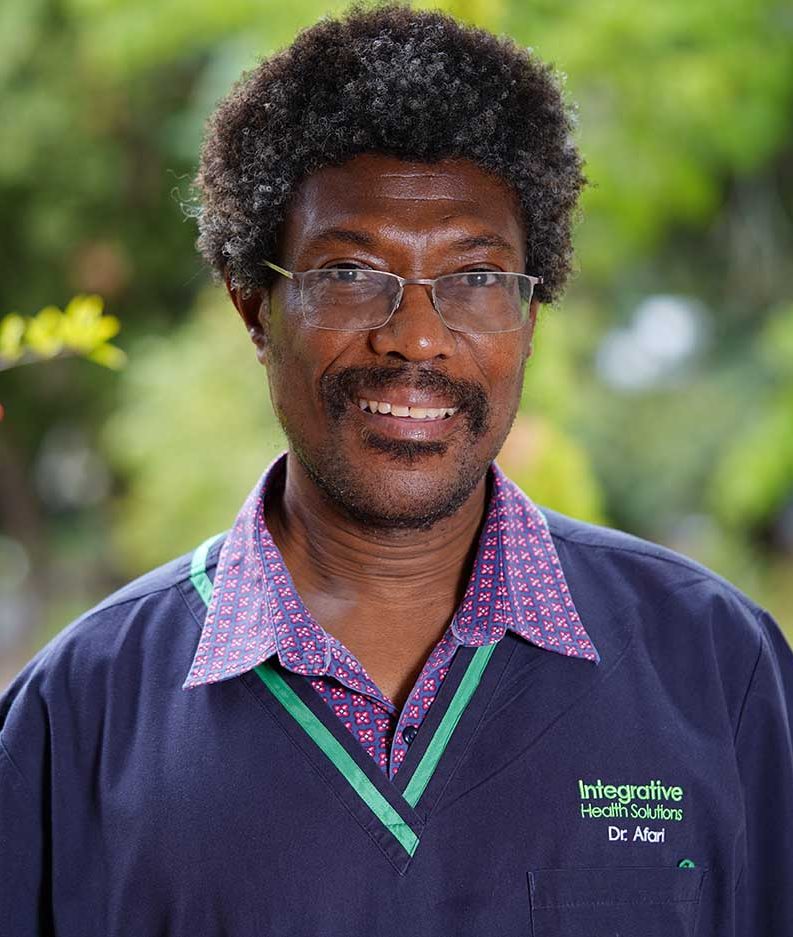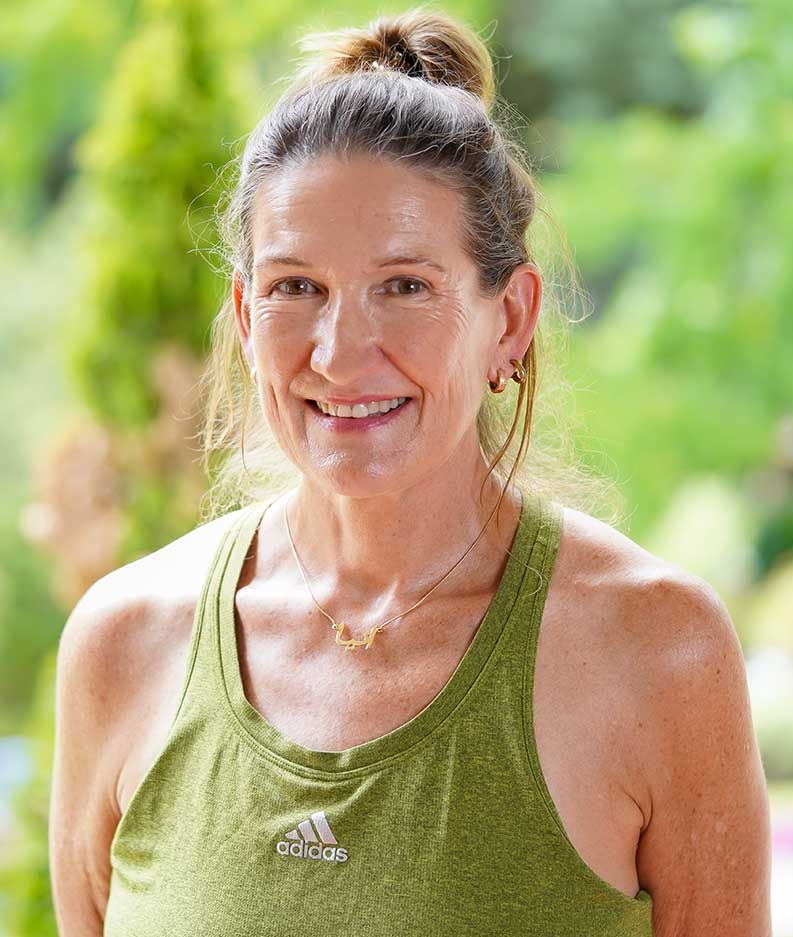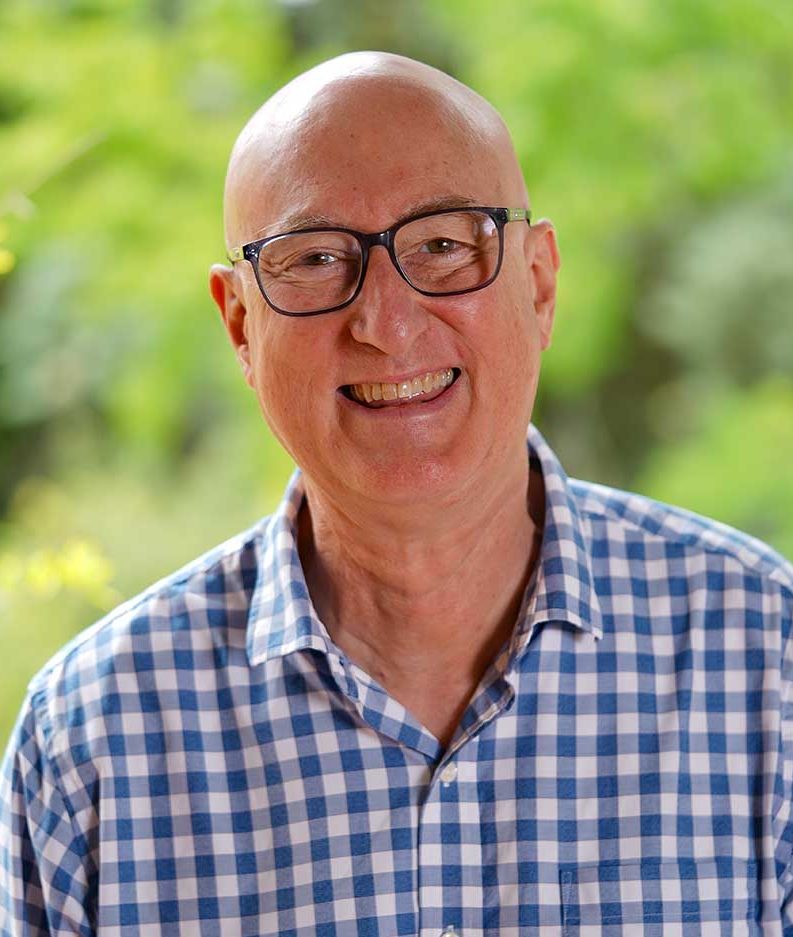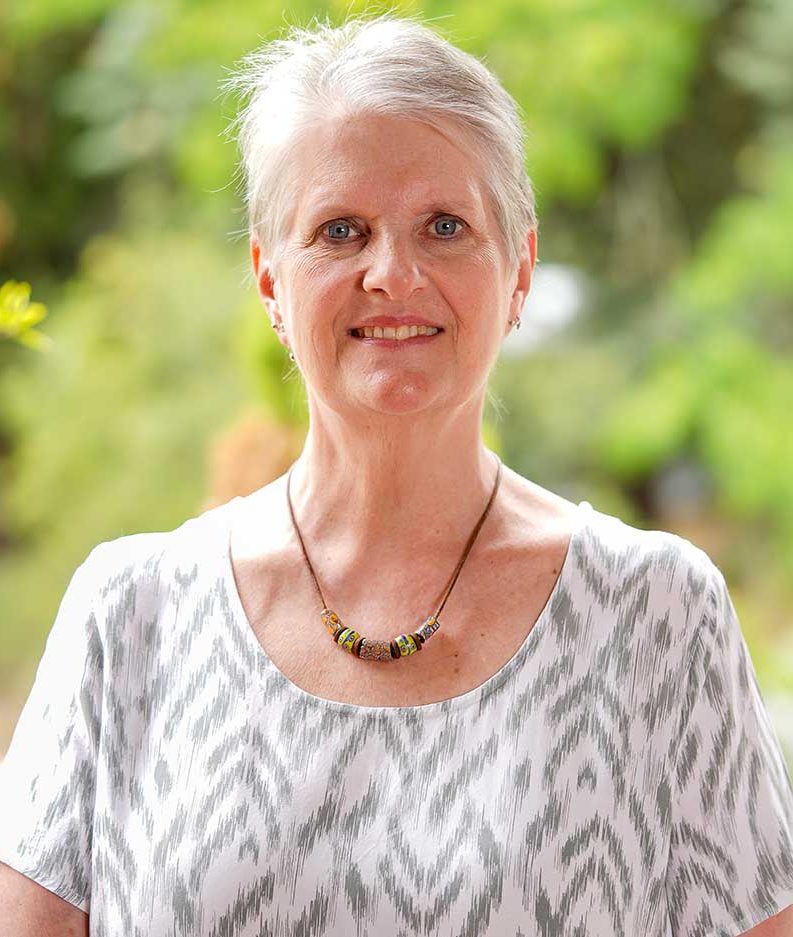THE FOLLOWING DOCTORS ARE HEAVILY BOOKED AND MAY BE SEVERAL WEEKS AHEAD FOR AN APPOINTMENT. THEREFORE, IF YOUR MATTER IS OF A GENERAL PRACTICE, ROUTINE, OR URGENT NATURE, PLEASE BOOK A MORE URGENT APPOINTMENT WITH ONE OF THE OTHER FAMILY GPS.
The Team of Integrative Doctors
Dr Cam Day
BMBS FRACGP GradCertMuscMed
Taking limited new patients
Dr Paulyn Pole
MBBS, DCH, FRACGP
Not taking New Patients, Enquiries will re-open 1/6/2025
Dr Emmanuel Afari
FRACGP MMED(UQ) DCH (SA) DipClinHypnosis MBCHB BSc
Not taking New Patients, Enquiries will re-open 1/6/2025
Dr Ania Kritzinger
MBChB FRACGP MMed HAK
Not taking New Patients, Enquiries will re-open 1/6/2025
Dr Sinclair Bode
MBBS FACNEM
Not taking New Patients, Enquiries will re-open 1/6/2025
Dr Kerry Harris
BSc (Hons) BMBS FRACGP FACNEM
Not taking New Patients, Enquiries will re-open 1/6/2025
What is Integrative Medicine?
The Royal Australian College of General Practitioners, defines Integrative Medicine as follows:
‘Integrative medicine refers to the blending of conventional and evidence based complementary medicines and therapies. With the aim of using the most appropriate of either or both modalities to care for the patient as a whole. Like general practice, Integrative medicine, embraces and encourages a holistic approach to practice that incorporates patient involvement in self healthcare, prevention and lifestyle interventions. Integrative medicine encompasses more than complementary medicine, although this integration is an important and obvious aspect of integrative medicine.
Integrative medicine also describes a style of clinical practice and is best defined as ‘the practice of medicine that reaffirms the importance of the relationship between practitioner and patient, focuses on the whole person, is informed by evidence, and makes use of all appropriate therapeutic approaches, healthcare professionals, and disciplines to achieve optimal health and healing’.1
For the purposes of the RACGP curriculum, complementary medicine will refer to evidence based therapies and medicines that are not conventionally used by doctors, but may complement medical management and be successfully integrated into it – whether the therapy is delivered by a doctor or a suitably trained complementary medicine practitioner.
The National Center for Complementary and Alternative Medicine classifies complementary and alternative therapies, regardless of any supporting evidence base, into five categories or domains.
Alternative medical systems
Alternative medical systems are built on complete systems of theory and practice. Examples of alternative medical systems that have developed in Western cultures include homeopathic medicine and naturopathic medicine. Examples of systems that have developed in non-Western cultures include traditional Chinese medicine, acupuncture and Ayurveda.
Mind-body interventions
Mind-body medicine uses a range of techniques designed to enhance the mind’s capacity to affect bodily function and symptoms. Some techniques, which were considered complementary and alternative therapies in the past, have become mainstream (eg. patient support groups and cognitive behavioural therapy). Other mind-body techniques are still considered complementary and alternative therapies. These include meditation, prayer, mental healing, and therapies that use creative outlets such as art, music or dance.
Biologically based therapies
Biologically based therapies in complementary and alternative therapies use substances found in nature such as herbs, foods, and vitamins. Some examples include dietary supplements and herbal products. Some uses of dietary supplements have been incorporated into conventional medicine, for example, folic acid for prevention of neural tube defects and cholecalciferol when serum vitamin D levels are below normal for the prevention of osteoporosis.
Manipulative and body based methods
Manipulative and body based methods in complementary and alternative therapies are based on manipulation and/or movement of one or more parts of the body. Some examples include chiropractic or osteopathic manipulation and massage.
Energy therapies
Energy therapies involve the use of energy fields. They are of two types.
Biofield therapies involve the existence of energy fields that have not been scientifically proven. Some forms of energy therapy manipulate biofields by applying pressure and/or manipulating the body by placing the hands in, or through, these fields. Examples include qi gong, Reiki and therapeutic touch.
Bioelectromagnetic based therapies involve the unconventional use of electromagnetic fields such as pulsed fields, magnetic fields, or alternating current or direct current fields.
Due to the changing nature of evidence and clinical practice there is a grey area about whether some particular therapies are classified as complementary or conventional.’
OUR DOCTORS
We are pleased to offer the services of six Integrative Doctors, who have undertaken training with the Australian College of Nutritional and Environmental Medicine. In addition, our Doctors have undertaken specific training in their specific areas of interest including: Musculoskeletal medicine, Injectable Nutrients, BioBalance, Mindd, PRP, Prolotherapy, Gut Microbiome and much more.
To book an appointment with an Integrative Doctor, please complete the online request form and a member of our team will contact you to schedule a time.
Thanks to the continued addition of new Doctors, we are pleased to have reduced our wait time for new patients and increased our ability to assist our patients with acute problems. In the interest of ensuring that this exciting area of medicine meets the growing demand, we continue to work with new Doctors and assist them to offer outstanding patient care.







